
Data presented from phase II trials at the ESMO 2012 Congress show that two new agents, ODM-201 and tasquinimod, are active in prostate cancer.

Your AI-Trained Oncology Knowledge Connection!


Data presented from phase II trials at the ESMO 2012 Congress show that two new agents, ODM-201 and tasquinimod, are active in prostate cancer.
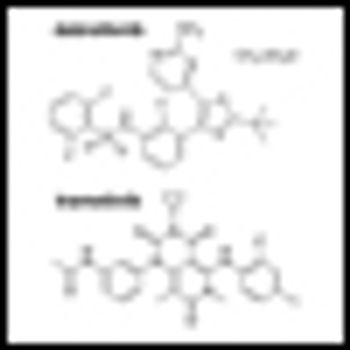
Phase II results presented at the ESMO 2012 Congress showed a 3.6-month improvement in progression-free survival for patients receiving both dabrafenib plus trametinib compared to those receiving dabrafenib alone.

A large collaborative sequencing study using data from the Cancer Genome Atlas shows basal-like breast cancers share similar genetic origins and features with serous ovarian tumors.
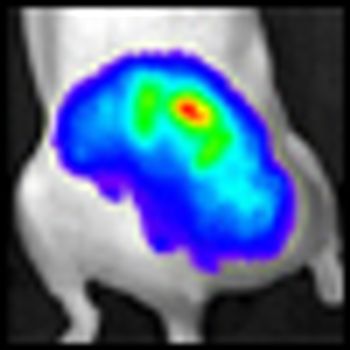
In a study using mouse models, researchers found evidence that metabolic dysregulation induced by dietary factors can stimulate breast growth and confer breast cancer risk.

Using available data from published studies, researchers found that the advantage for men treated for early low-risk prostate cancer with radical prostatectomy have only a two or three month advantage compared to those who are actively monitored.

In updated guidelines, the USPSTF concludes that there is still no adequate evidence of a mortality benefit from routine ovarian cancer screening using transvaginal ultrasonography or CA-125 testing.

Several presentations at the ASCO Breast Cancer Symposium addressed important questions in triple-negative breast cancer: are there promising new treatment approaches for these patients and how can we identify which patients are high risk?
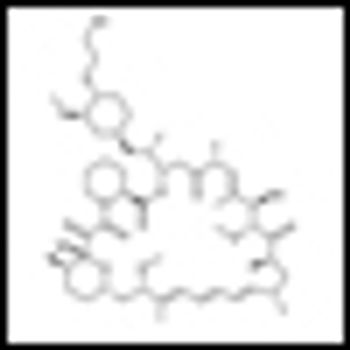
The 18-month results of the phase III BOLERO-2 trial were presented at the ASCO Breast Cancer Symposium, confirming earlier survival results.

Final results of the RIBBON-2 trial show that adding bevacizumab (Avastin) to chemotherapy does not improve overall survival in advanced breast cancer patients who have been previously treated for their metastatic disease.

A new device called MarginProbe may soon be available to help surgeons determine the minimal amount of tissue to be removed during a lumpectomy and reduce re-excision rates.

Researchers have linked recreational marijuana use to an increased risk of developing germ-cell tumors, a type of testicular cancer that often has a poor prognosis.
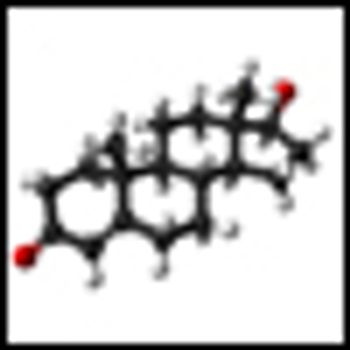
Intermittent androgen deprivation was shown to be as effective as continuous therapy in terms of overall survival for men with prostate cancer whose PSA levels were rising after initial or salvage radiotherapy.
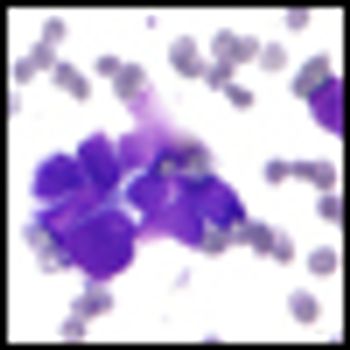
For the first time, two research groups have sequenced and analyzed the genomes of small-cell lung cancer (SCLC) and identified new gene mutatations that could drive the development of new therapies and the application of existing ones.

According to a study of 12,500 women treated for invasive breast cancer, treatment with trastuzumab (Herceptin) increases the risk of congestive heart failure and cardiomyopathy.

The FDA approved enzalutamide, a once-daily oral therapy for men with metastatic castration-resistant prostate cancer that has either spread to other organs or recurred, despite prior surgical or medical treatment.

A new oral treatment is showing promise in relapsed, refractory colorectal cancer. Patients given TAS-102, an antitumor agent, showed improved survival and reduced risk of death compared to those given a placebo.
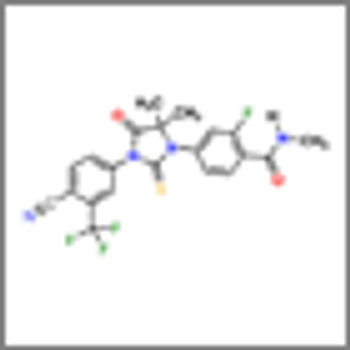
Results of the phase III AFFIRM trial shows that enzalutamide (MDV3100) significantly prolonged survival of men with metastatic castration-resistant prostate cancer after chemotherapy

A new study provides evidence that individuals whose pancreas was exposed to radiation during treatment of their childhood cancer have a higher risk of developing diabetes.

Researchers in Germany have found that longer-term follow-up would still lower risk of colorectal cancer development among patients who had an adenoma detected and removed.
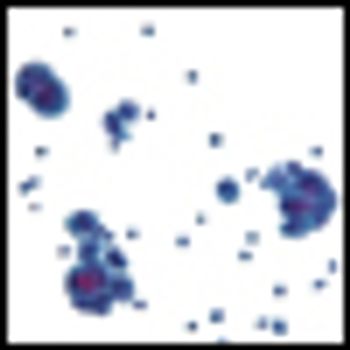
Researchers have found that tumors with multiple cancer genomes and the downregulation of the LRP1B gene are associated with chemotherapy resistance among patients with the high-grade serous ovarian cancer.

A new study provides evidence that older women with early-stage breast cancer who undergo radiation therapy following a lumpectomy are less likely to require a subsequent mastectomy.

A new study finds that adding rituximab maintenance to R-CHOP induction is an effective treatment for older patients with mantle-cell lymphoma.

Results of a phase III trial show early, promising data that the subcutaneous formulation of trastuzumab (Herceptin) is as efficacious and safe as the intravenous version of the drug.

A new study finds that baseline testing for HPV can better predict long-term negative cervical cancer outcomes compared to a Pap smear.
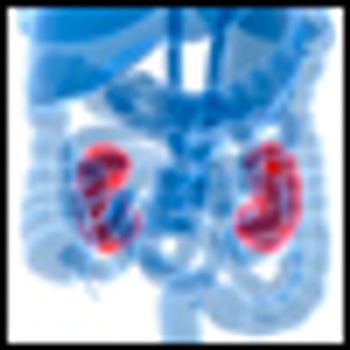
Results from a trial of a new therapeutic vaccine for renal cell carcinoma demonstrate that those patients with a measurable immune response to the vaccine have a prolonged overall survival.

A new study suggests suppression of breast cancer metastasis relies on an antitumor immune response. Researchers found that administering interferon can reduce bone metastases and increase the survival time of a metastatic breast cancer mouse model.

The FDA approved the mTOR inhibitor everolimus (Afinitor) last week for use in postmenopausal women with HER2-negative, hormone-receptor-positive advanced breast cancer patients.

A new target of melanoma tumors has been identified that may be promising as part of a novel combination therapy for melanoma. In a study published in Nature Medicine, researchers have identified that more than half of melanoma cases, both early and late-stage, may have higher levels of MDM4, a p53-interacting protein.

The results of the 12-year PIVOT trial shows men with early-stage prostate cancer who had a radical prostatectomy did no better than those actively monitored without surgery.

A new study finds higher levels of vitamin E consumption could stave off liver cancer. The association held up for those who had a family history of liver disease and those who self-reported liver disease.